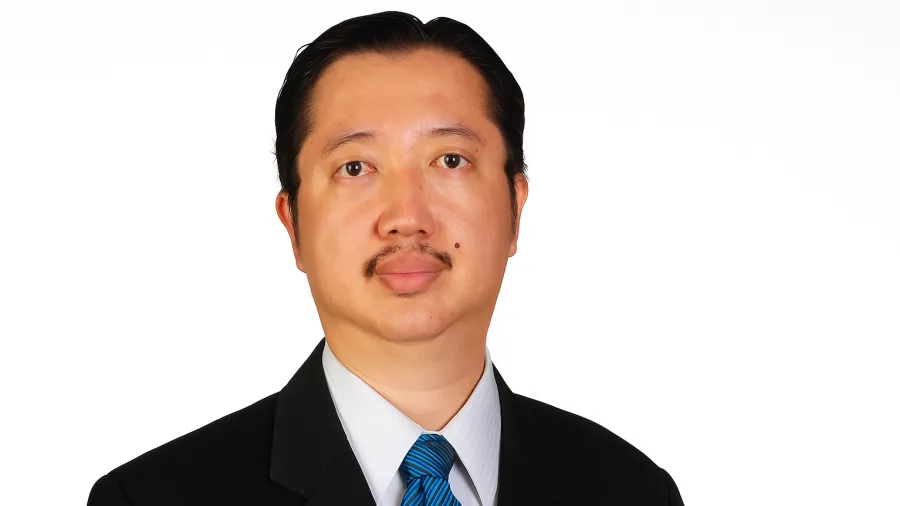
Ciputra Mitra Hospital speeds up heart and stroke response
Once a patient arrives, heart or stroke codes are triggered instantly.
Ciputra Mitra Hospital speeds up cardiac and stroke care with rapid emergency codes.
Ciputra Mitra Hospital has rolled out rapid emergency codes in its cardiac and stroke centres so it could treat patients as soon as they arrive.
“The goal is simple—no patient should lose valuable time to queues or paperwork,” Director Sony Prabowo told Healthcare Asia. “Every minute counts.”
The system combines catheterisation labs, advanced imaging, round-the-clock specialists, and a tele-emergency hotline. Families can call at the first sign of symptoms, and medical teams are dispatched immediately. First-line treatment can even begin during transport.
“We don’t wait for patients to come to us—we go to them,” Sony said.
Heart disease and stroke remain Indonesia’s top killers, accounting for over 30% of deaths annually. While treatment exists, survival depends on whether patients reach hospitals within the four-to-six-hour golden window.
Inside Ciputra Mitra, speed is prioritised. Once a patient arrives, heart or stroke codes are triggered instantly, removing administrative delays. “These codes are designed so patients don’t lose the golden minutes in waiting rooms. Action begins the moment they reach us,” Sony said.
Outside the hospital, challenges persist. Public awareness remains low, and many patients turn to alternative remedies first, arriving too late for life-saving intervention. “We are ready with specialists and equipment, but education is the key. Without it, our systems cannot save lives in time,” he said.
Geography adds another hurdle. In South Kalimantan, rough terrain and reliance on river routes delay transfers. To ease this, Ciputra Mitra has partnered with air ambulance providers.
While the hospital lacks a helipad, it is 30 minutes away from the nearest airport, allowing fast transfers. “It’s not perfect, but every option that reduces delay matters,” Sony said.
Beyond emergency care, Ciputra Mitra is expanding through telemedicine and hybrid services, giving patients in remote areas access to consultations and coordination.
The hospital aims to personalise care to younger generations. “For Millennials and Gen Z, patient experience is no longer optional,” he said. “They expect services to be faster, simpler, and tailored to them.”
“Indonesia doesn’t always have to follow global healthcare trends—we can set them,” he Sony said. “The momentum is here; we need to keep it going.”
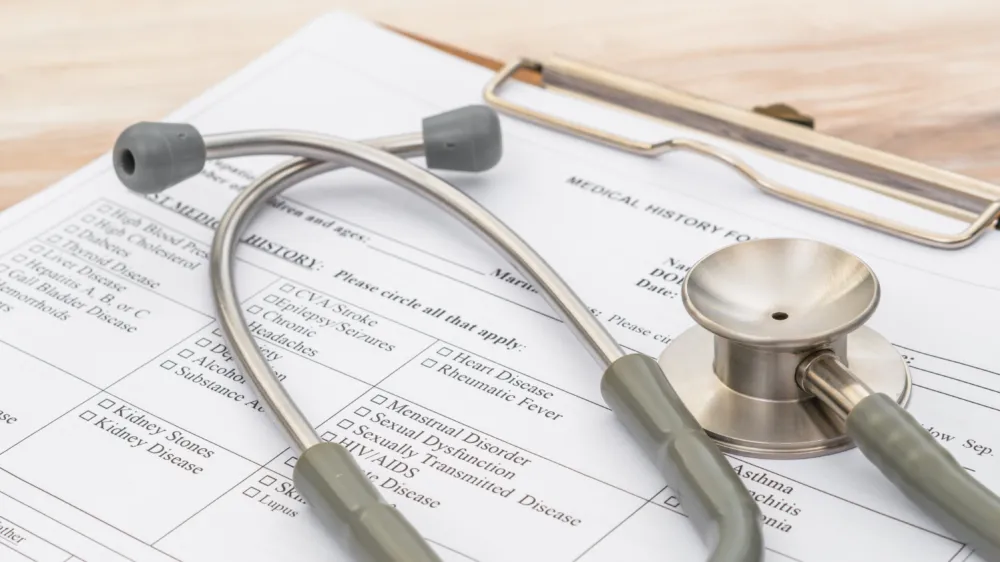
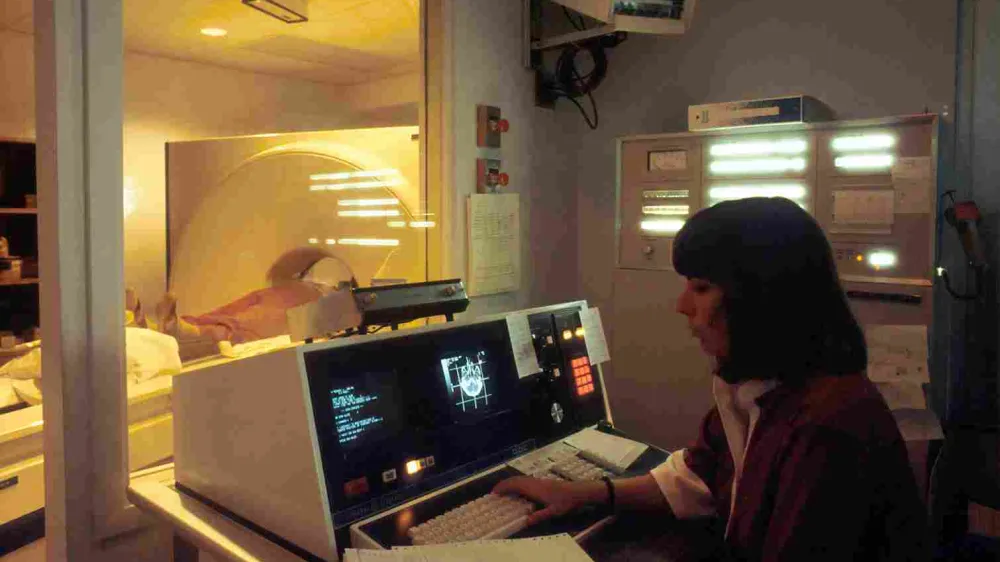

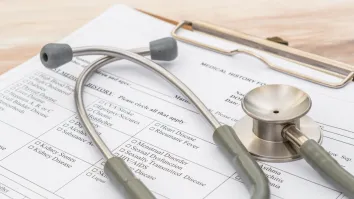
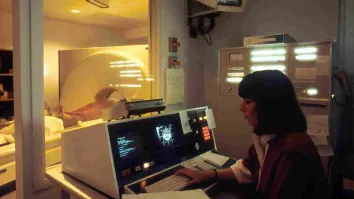














 Advertise
Advertise





